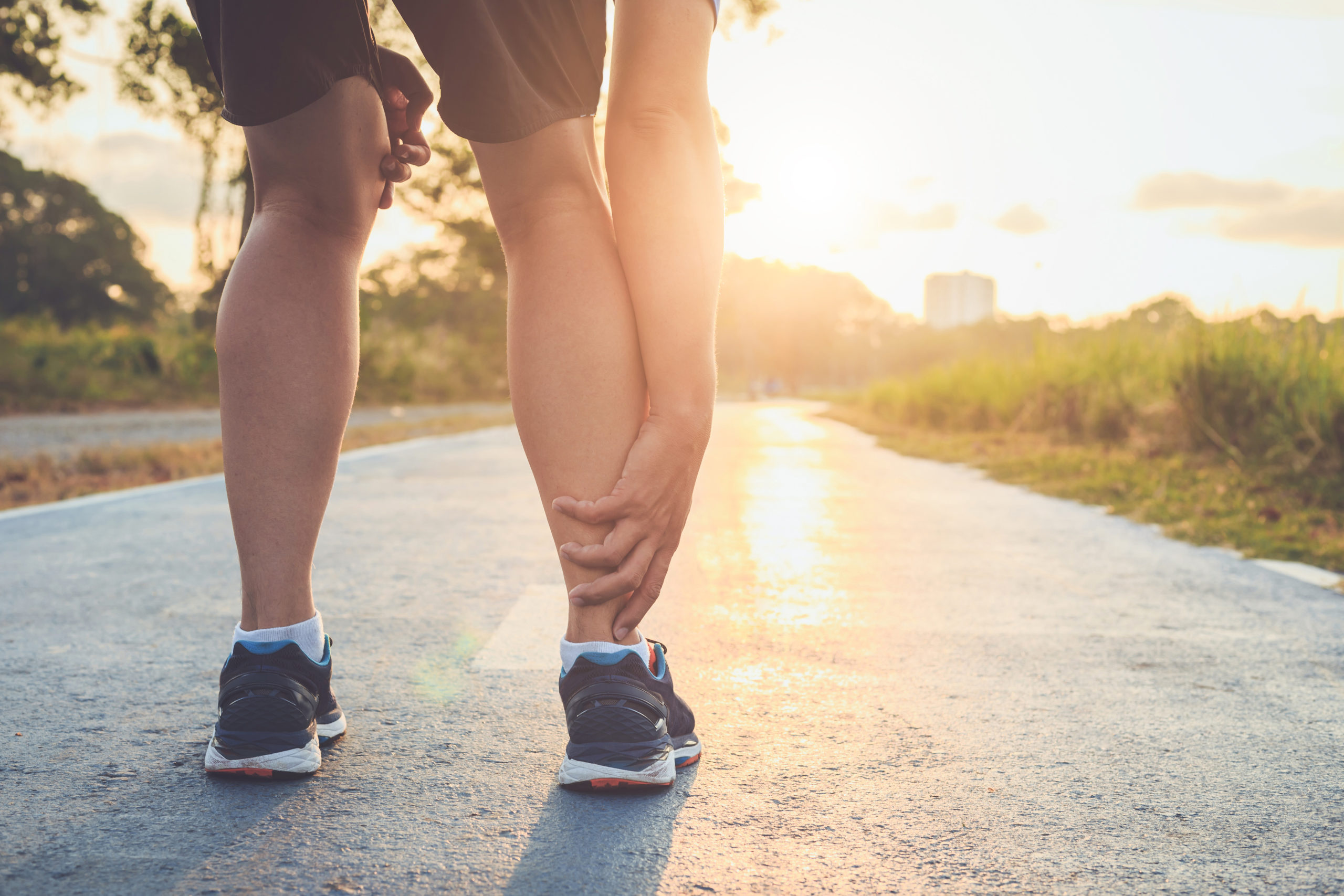- Muscle aches and pains
- Muscle weakness
- Cramps in the muscles
- Decreased functional capacity of muscles
- Joint pains
- Arthritis
- Muscle fiber atrophy
- Alcohol-induced rhabdomyolysis
Long-Term Complications of Alcohol Use on Muscles and Joints
While refraining from drinking can reverse some of the conditions associated with alcohol overuse, others may belong-term and have a lasting impact on health. The severity of damage to your muscles and joints depends on the length of time alcohol is consumed to an excessive extent.
Arthritis
Arthritis causes inflammation in the joints and painful movement. While moderate drinking (one or two servings of alcohol per day) can reduce the risk of developing arthritis, heavy drinking can actually result in increased inflammation. It may also make rheumatoid arthritis and gout worse. Overall, excessive alcohol consumption can increase the severity of arthritis and related conditions.
Muscle Fiber Atrophy
Type II muscle fiber atrophy is a long-term health condition that can develop due to alcohol abuse. It fatigues fast-twitch muscle fibers, which are vital for quick reactions. Atrophy decreases muscle mass and total strength gradually ,making movements more difficult. The National Center for Biotechnology Information (NCBI) indicated that approximately 33% of chronic alcoholics develop type II muscle fiber atrophy. This condition can impede the sufferer’s ability to drive.
Alcohol-Induced Rhabdomyolysis
The breakdown of muscles throughout the body is called “rhabdomyolysis.” Chronic alcohol use can directly cause this condition. Another NCBI study revealed that around 67% of nontraumatic rhabdomyolysis patients drank excessively. This condition can lead to extreme weakness and the release of myoglobin, which is a protein that can damage the kidneys. It’s vital to identify rhabdomyolysis early to minimize the damage it can do to muscles and other bodily organs. Some signs of alcohol-induced rhabdomyolysis include:
- Lightheadedness
- Dark urine
- Fatigue
- Extreme muscle pain
- Muscle weakness
Reversal of Alcohol Effects on Joints and Muscles
Reducing or abstaining from drinking can reverse some of alcohol’s effects. Many studies have found that people who go through alcohol detox have significant improvements in their health, including muscle function and joint efficiency. However, the likelihood that a person’s health can be restored depends on how long they consumed alcohol in excess and the amount they drank. People with severe drinking problems should seek help to reduce their long-term risks of muscle and joint damage.
Potentially Positive Effects of Alcohol on Muscles and Joints
While alcohol consumption causes many adverse effects on muscles and joints, limited drinking can actually benefit these systems. Doctors recommend no more than one to two drinks per day, which is equivalent to 12 ounces of beer ,five ounces of wine, or 1.5 ounces of liquor. This type of controlled consumption can reduce the chance of developing rheumatoid arthritis and joint disease. It can also naturally decrease pain without the use of opioids.
Consider the Costs and Benefits of Alcohol Before Consuming
When considering the pros and cons of drinking, it’s essential to understand that moderation is key. Small amounts of alcohol can be beneficial. However, excessive drinking can result in severe, long-term health problems that may or may not be reversible.








Leave A Comment